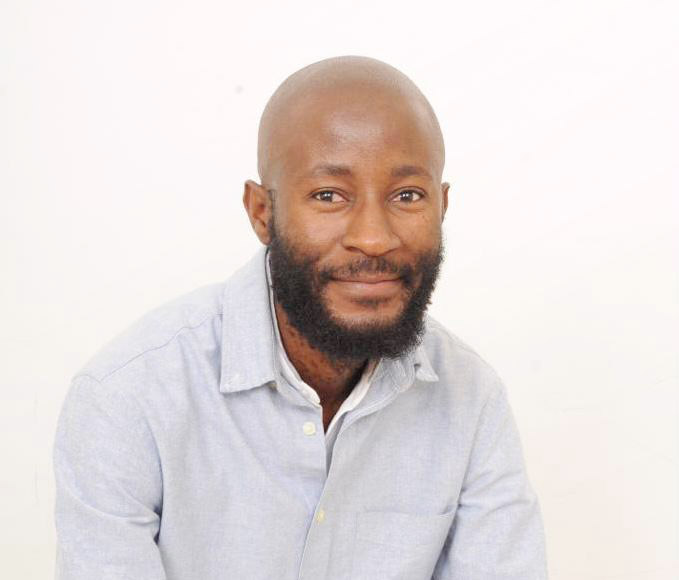HOW ZAMBIA IS FALLING APART.
By Sishuwa Sishuwa
The fall from grace of any country does not happen abruptly or even in a big way at once. It happens slowly, and often in ways that seem small, random, or unconnected. One victimised group. One compromised profession. One captured institution. One abused individual. One at a time. In the end, it is the silence, inaction, and indifference of many that makes all the difference.
There is quote that is attributed to the prominent German pastor Martin Niemöller that best illustrates this point:
“First, they came for the socialists, and I did not speak out—because I was not a socialist.
Then, they came for the trade unionists, and I did not speak out—because I was not a trade unionist.
Then, they came for the Jews, and I did not speak out—because I was not a Jew.
Then, they came for me—and there was no one left to speak for me.”
Niemöller is today rightly remembered as the pastor who defied Nazism. His words have enduring resonance and appeal in today’s world. What many do not know is that he started off as one of its greatest supporters and was therefore its enablers. His quoted words reflect not just his later change of heart and breakup with the party and leadership he supported but also his guilt and responsibility. The lesson from his experience and the essence of his message is that it is never too late to change course, for the better.
I hope that many of us in Zambia today will have no need to wake up tomorrow and adapt his words to our situation:
First, they came for the Archbishop and a priest, and I did not speak out — because I was not an Archbishop or a priest.
Next, they came for a former president, and I did not speak out—because I was not a former president or his supporter.
Then, they came for the judges, and I did not speak out—because I was not a judge.
Then, they came for opposition leaders, members of parliament, and a civil rights campaigner, and I did not speak out—because I was not an opposition leader, MP, or a civil rights campaigner.
Then, they came for members of other ethnic groups and regions, and I did not speak out—because I did not come from those ethnic groups or regions.
Then they came for me—and there was no one left to speak for me, because they had, by then, succeeded in co-opting several news media outlets, the church, civil society, the intellectuals, and other actors and institutions.
Were that to happen, then I pray that we too will soon experience or have a moment that will inspire a change of heart so that we can point to that specific experience or moment as our turning point.
Each one of us would then be able to say that it was at that point when I realised that I was complicit in our continued fall from grace, in nurturing the hate, the division, the intolerance, the injustice, the corruption, the constant violations of human rights, and the erosion of our democracy.
Each one of us would then be able to regret to ourselves that I chose to remain silent when I should have expressed outrage at the ill-treatment of others including those who drew public attention to these ills.
Each one of us would then be able to regret to ourselves that I remained quiet when I should have spoken out on behalf of others whose plight I ignored simply because I was not affected.
Each one of us would then be able to tell ourselves that it was at that point when I realised that I secure my rights by standing up for the rights of others, including those I neither like nor support.
That it was at that point when I realised both the cost and the danger of silence, inaction, and indifference.
For when all the bad things were happening or being done to others, I, without much thought, identified with the perpetrators, saw absolutely nothing wrong with their actions, and easily called the victims all sorts of names. Now I can see clearly that I was wrong all along.
Now I can see clearly that my silence, inaction and indifference have helped to create a country whose character I no longer recognise. Now I understand why there is no certainty about our future with regard to any of our known challenges. Now I understand why Zambia continues to fall apart, to drift into a deplorable, dangerous, and unacceptable situation.
It is because of the acute lack of empathy and awareness of people like me. It is because of my indifference to what is happening around me, to the plight of others. One victimised group. One compromised profession. One captured institution. One abused individual. One at a time.
